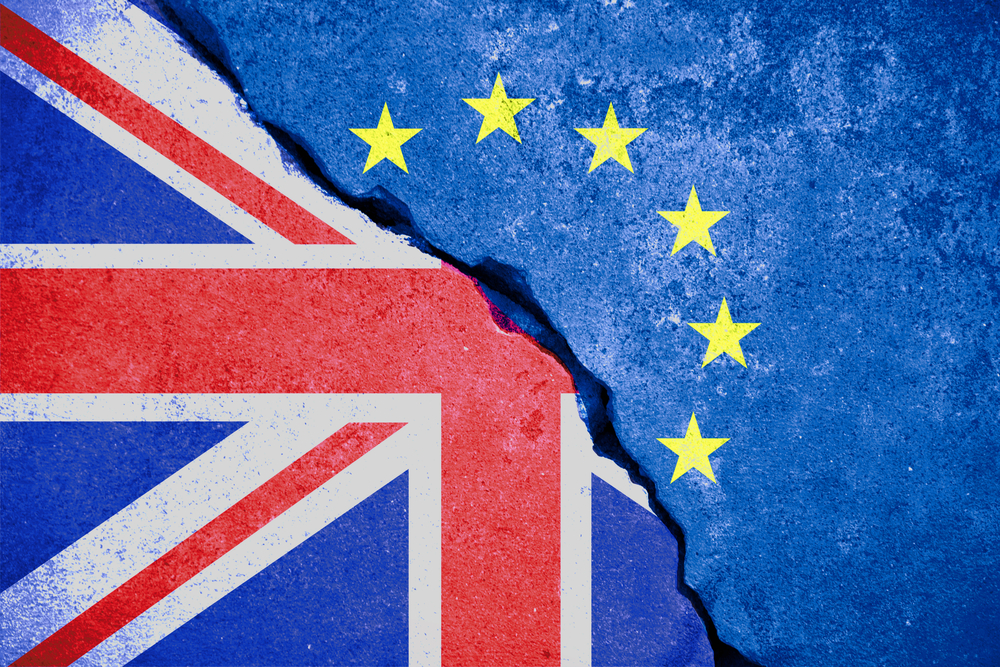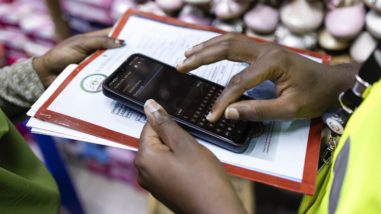In the wake of Britain’s stunning vote to leave the European Union, those of us who work in global development are trying to figure out what a Brexit would mean for the organizations and causes we care about. Even if we think only about the practical implications, and steer clear of hand-wringing about what the British referendum tells us about attitudes toward global citizenship, it is not a pretty picture.
First, the U.K. Department for International Development, already beleaguered by challenges in the pro-“leave” press, will now enter a period of extreme uncertainty at best. The impulse toward nativism, combined with the decline in the Britain’s economic prospects, will place DFID’s global leadership and relatively high levels of foreign aid spending in tension with taking care of growing problems at home.
For the many organizations in our orbit that receive DFID funding for their research and implementation of development programs, and for national governments that have come to depend on Britain’s funding in health, education and other sectors, this is not a good moment.
Second, British political leadership on development issues – including the most recent gains around transparency from Prime Minister David Cameron’s anti-corruption summit – is by no means assured for the future. We have come to expect that Britain will be among the most far-sighted, globally-oriented among members of the OECD Development Assistance Committee, and will promote a pro-development agenda within the G8, the G20 and many multilateral institutions. Whether Germany, France, the United States or other countries step into that vacuum remains to be seen. Surely, the advocacy strategies that have depended on Britain as a first mover will have to be rethought.
Third, from a very practical perspective the weakening pound is going to immediately affect buying power of the organizations whose work we support. Yes, our dollars will be worth relatively more, but we will not be able to make up for the drop in the value of the pound.
Finally, how many dollars we have to make grants with in 2017 and beyond will be affected by whether or not financial markets regain some balance, and what the impact is on our endowment. There’s some time for this to shake out, but the current state of the markets is making us cautious about developing hopes of a growing budget next year.
All in all, for our issues, for Britain and for much of the rest of the world, a Brexit is bad news. How bad is yet to be seen.



